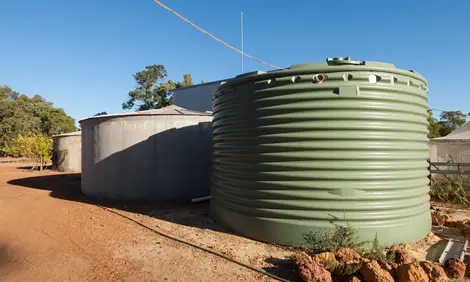



Checking in on Caribbean poultry: insight from an expert
The poultry industry in the Caribbean is unique owing to the different context and circumstances of each island. To find out more, we spoke with Dr Desmond Ali, food safety consultant at Millennium3 Consultants and executive director of the Caribbean Poultry AssociationDr Ali completed his PhD in Microbial Biochemistry at the University of Wales and has worked in the food industry specialising in Food Safety and HACCP since 1994.
What is the most significant challenge facing the Caribbean poultry industry?
The most significant challenge is the importation of cheap dark meat from the US and Canada. Now that Russia and China have reduced their leg, back and neck portions, the US has an 800 million-pound glut of these meats which they’re looking to home somewhere. Ater 360 days of storage, such frozen meat is sold as pet meat at 6 or 7 cents per pound. Trinidad and Tobago produce 800,000 broilers per week and imports make up about 20 percent of its market. To ensure cheap meat doesn’t flood the market, there are Tariff-Rate Quotas (TRQ) in place in Barbados and Jamaica so that anything below the quota comes in at 5 percent duty, but anything above comes in at between 184-286 percent, depending on the island.
Trinidad and Tobago, however, don’t have a TRQ, only a Common External Tariff of 40 percent with a 15 percent surcharge, which isn’t enough to keep cheap meat out.
What’s the effect of this influx of meat from the US and Canada on local markets?
The effect is that it takes away market share from local producers who do actually have the capacity to produce enough of our own meat. We are working very hard to replace imports with locally sourced chicken so that we can become self-sufficient.
How are Caribbean producers working to do this?
We’re working very hard to improve biosecurity and to improve the hatch process. Some capital-intensive infrastructure improvements, such as tunnel-ventilated housing, are underway. There’s a lot of potential from this to create jobs for new producers and at the front end of the industry such as with restaurants and retail.
We also have a very successful wet market. In Trinidad and Tobago, 50 percent of production goes to the wet market. It’s mainly small cottage processors, about 3000, who buy birds from integrators who do the slaughter and they sell them to families directly. In Jamaica and Barbados, the wet market is about 25 percent.
Is there any concern that replacing North American imports with locally sourced chicken would generate political tensions?
Not at all, there should be no negative implications for us. The industry in Trinidad and Tobago started up in 1962 and it has always been totally locally funded with local management and investment. There aren’t any multinational companies here.
Our fresh meat market has also always been very successful. The franchised food service sector, which includes companies like KFC and McDonald’s, have always purchased local product, which is important for local production. Moreover, poultry companies in Trinidad and Tobago are moving further and further downstream, producing further-processed products and convenience foods.
Could you speak to the status of the table egg market?
The table egg market is very good in Trinidad and Tobago. Demand is not as high as some countries, with consumption per person only about 80-100 eggs per year. We’re almost 100 percent self-sufficient and almost totally cage-free, which has pretty much always been the norm. Currently, we are trying to promote egg consumption in the Caribbean.
We have one egg processor in Jamaica who does pasteurised, chilled eggs.
The Jamaica Broilers Group of Companies has a large operation in the US producing hatching eggs. It’s the third largest producer of hatching eggs in the US. They also produce poultry meat, feeds, day-old chicks and table eggs in Haiti, in addition to their large integrated operations in Jamaica.
What sort of initiatives are taking place in the Caribbean to improve production?
We have an annual symposium, the Caribbean Poultry Association International Technical Symposium. This year on 27-28 September will be the fifth symposium, focusing on improving the hatch process and international poultry trade issues. Previous symposia have focused on gut health, improving FCRs and improving biosecurity. We usually have between 150-500 attendees. Anyone who might be interested can contact Dr Ali for more information.









